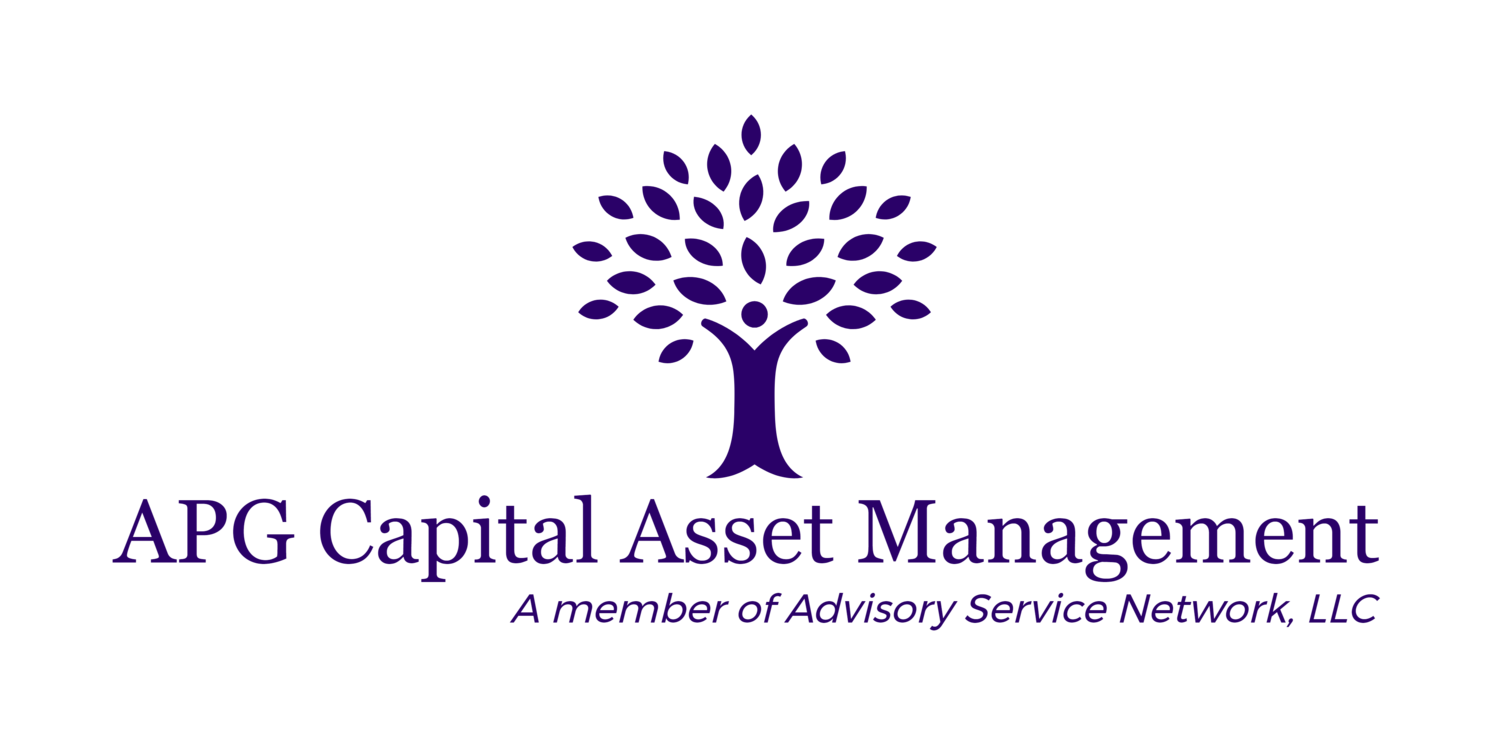Maverick: “We Were Inverted”
During the iconic Tom Cruise scene in Top Gun when he details his interaction with a Russian MIG during a test flight, he explains to a shocked room (not before he removes the cool shades), that the way he was able to see the MIG while flying above it, was that “We were inverted.” This week, in a shock to the market, the 5-year minus 2-year yield was negative, or “inverted”. Usually, the longer the duration, the higher the yield; however, short-term interest rates are currently higher. A more common tracked metric is the 10-year minus 2-year yield which is close to inverting as seen below.
There are several reasons why this is occurring. The Fed (which controls short term rates) is witnessing strong domestic growth and an upward creep in core inflation. Since interest rate changes can take time to move through the economy, the Fed preemptively will move to limit anticipated problems, i.e. runaway inflation. By increasing rates, they can put the brakes on growth limiting inflation. It also gives the Fed room to move rates lower if the economy slips. On the other hand, the market (investors and traders) determines the rest of the interest rate curve. Currently, the market has a strong demand for longer duration bond for the relative safety of government bonds due to a combination of fear of market volatility and an outlook that the Fed may have to lower rates in the coming years.
What are the implications of an inverted curve? All seven recessions since 1970 have been heralded by a yield curve inversion. However not all inversions imply a recession. Tom Lee, the co-founder of Fundstrat Global Advisors LLC, calculates that the 3- to 5-year yield inversion has occurred 73 times since 1954 while the economy endured only nine recessions. “5Y-3Y inversion predicted 73 of the last 9 recessions, too many false positives.”[i]
Now the question is: “What are investors to do about this?” It really all depends on your risk appetite, holding period and allocation. While market weakness is not a guarantee, there are strong indications, like the higher VIX index, the market will be more volatile going forward. Investors need to know how they are positioned to ensure their allocations are aligned with their capacity for risk. At my firm, we use Riskalyze’s risk alignment software to make sure we know how much risk our clients are willing to take and to position their portfolios accordingly. First, we determine your “Risk Number” though a short survey. Then we analyze your current portfolio of securities to see how risky your portfolio is. If you are interested in this, or just curious what your risk number is, click here for a short survey and check out more on Riskalyze here.
[i] https://www.bloomberg.com/news/articles/2018-12-06/history-shows-inverted-yield-curve-is-no-death-knell-for-s-p-500
Advisory services offered through APG Capital Asset Management, a Member of Advisory Services Network, LLC.
Phone: 713-446-3233 Website: www.apgcap.com
All views/opinions expressed in this newsletter are solely those of the author and do not reflect the views/opinions held by Advisory Services Network, LLC. Indexes are unmanaged and do not incur management fees, costs, or expenses. It is not possible to invest directly in an index. The information and material contained herein is of a general nature and is intended for educational purposes only. This material does not constitute a recommendation or a solicitation or offer of the purchase or sale of securities. The future performance of an investment or strategy cannot be deduced from past performance. As with any investment or investment strategy, the outcome depends upon many factors including: investment objectives, income, net worth, tax bracket, risk tolerance, as well as economic and market factors. All economic and performance data is historical and not indicative of future results. All information contained herein is derived from sources deemed to be reliable but cannot be guaranteed.


